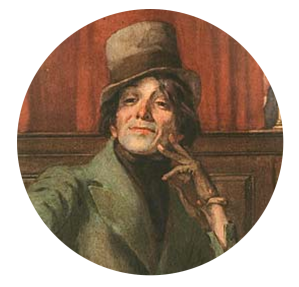
A glimpse of Tajikistan’s roots musical traditions and the new music Tajik musicians are developing .
By Andrew Cronshaw
Tajikistan bordering on Uzbekistan, Kyrgyzstan, Afghanistan and China, is a mountainous country with a population of about ten million, the great majority of whom are Tajik. It became independent in 1991 when the Soviet Union collapsed. This album is what British musician Lu Edmonds describes as “just a tiny slice of the mountain music of Tajikistan, whose rich traditions have soaked up the traffic of the Silk Roads and beyond for thousands of years.”
Lu Edmonds, a member of Public Image Ltd and at various times of 3 Mustaphas 3, The Mekons, Billy Bragg’s Blokes, Les Triaboliques and many more bands stretching back to and through punk times, didn’t so much get lost in Tajikistan as sucked in. At first, in 2004, it was as an interpreter for a biodiversity project. (He speaks Russian which, while Tajiks generally speak Tajik, is used as an inter-ethnic means of communication). But he got more involved, meeting and helping musicians create performances (which have now grown to include the annual Roof Of The World festival in the high Pamirs), get their instruments repaired with the help of London luthier Andrew Scrimshaw, and also surreptitiously digitising a mass of recordings of musical material from the old Soviet archives in the country’s capital of Dushanbe.
 The recordings on this album aren’t from archives, though. They’re from 2008 when, with the help of Taneli Bruun of Helsinki’s Global Music Centre, Edmonds and key Dushanbe musician Iqbal Zavkibekov, put together a 16-track recording setup in Dushanbe’s Gurminj Museum of Musical Instruments, founded by Zavkibekov’s musician and film-star father Gurminj. We’re not talking Abbey Road here. It was -20°C outside, and although the museum was heated, much of the warmth came from the musicians who packed in to grasp an opportunity to record. It’s only now that those recordings have been cherry-picked and mixed (in London by Leo Abrahams) to make the album.
The recordings on this album aren’t from archives, though. They’re from 2008 when, with the help of Taneli Bruun of Helsinki’s Global Music Centre, Edmonds and key Dushanbe musician Iqbal Zavkibekov, put together a 16-track recording setup in Dushanbe’s Gurminj Museum of Musical Instruments, founded by Zavkibekov’s musician and film-star father Gurminj. We’re not talking Abbey Road here. It was -20°C outside, and although the museum was heated, much of the warmth came from the musicians who packed in to grasp an opportunity to record. It’s only now that those recordings have been cherry-picked and mixed (in London by Leo Abrahams) to make the album.
The first five tracks are by the group Mizrob, featuring Iqbal Zavkibekov on setor (Tajik long-necked steel-strung lute) and guitar, singer Davlat Nasri, who also plays harmonium and dotar (another long-necked lute), and percussionist Zarif Pulodov. In melodic form and sound it could broadly be described as having a middle-eastern feel, with a modal melody over drone and rippling darabukka or tabla-type percussion, but while a root drone is implied there are also harmonising lines. The first two tracks are instrumental; in the third enter Nasri’s vocals, perhaps comparable to some of the melismatic declamatory singing of the Indian sub-continent, while “Hurshedam,” with its winding harmonium melody line under Nasri’s singing, is in a flamenco-like mode. (I’m making these observations as description, not analysis). Continue reading

